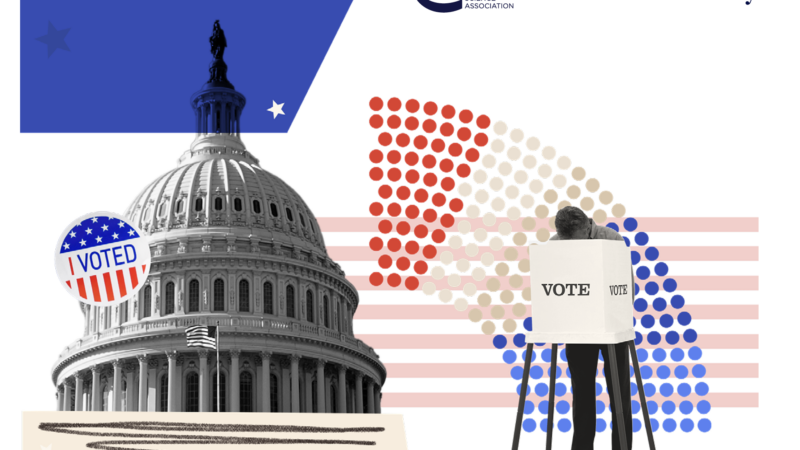Shifted momentum towards proportional multi-member districts through original research, organizing hundreds of top political scientists to publicly speak out, and generating new media coverage.
Shaping the Democracy of Tomorrow
Our Work
Democracy requires institutions that inspire faith — that our political system is representative and responsive, that civic participation is valuable, and that democracy can deliver for the people.

For many voters, recent elections have felt existential. They’re not wrong — the stakes are as high as they seem. This seemingly endless cycle is no accident: our electoral system is particularly vulnerable to the global authoritarian wave. Polarization and a strict two party system have empowered a small authoritarian faction to gain control of one of the two parties. As a result, every election has become an “us vs. them” battle wherein democracy itself seems to hang in the balance.
A country as large and as diverse as the United States demands a democracy that facilitates healthy competition, robust representation, and pluralism in our politics. Yet our electoral system:Disadvantages minority voices; Stifles competition; Limits the number of political parties; Escalates extremism; Limits voter choice; and Exacerbates political violence.
Stopping the authoritarian threat requires bold and ambitious long-term strategies to ensure that the Democracy of Tomorrow better reflects the will of all Americans and is oriented towards collaboratively addressing our country’s most pressing challenges.
- Replacing winner-take-all elections with a more proportional system of representation.
- Advocating for more and better political parties that responsibly promote democracy.
- Legalizing fusion voting to help break the two-party doom loop.
Advanced several provisions of the Protecting Our Democracy Act, a package of democratic guardrails reforms we helped Congressional leaders assemble, which were signed into law by President Biden.
Impact in the News

Political Violence & US Democracy Political Violence & US Democracy

Why do we need political parties?
Political parties are unpopular with the American public, but they're also a necessary building block of democracy.
April 19, 2024
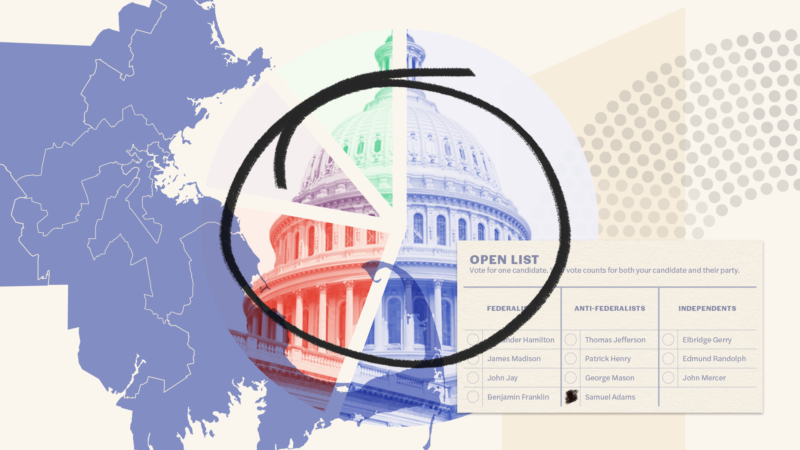
Media Guides: Covering Political Violence
Covering political violence and violent extremism can be a fraught endeavor for the media. Guidance for political violence reporting.
June 18, 2024

Why do we need political parties?
Political parties are unpopular with the American public, but they're also a necessary building block of democracy.
April 19, 2024

Fusion voting, explained
Fusion voting allows more than one political party to nominate the same candidate on the ballot, empowering minor parties to unite a cross-ideological coalition behind a single candidate
December 19, 2023

Proportional representation, explained
Proportional representation is an electoral system that elects multiple representatives in each district in proportion to the number of people who vote for them.
December 5, 2023

How open are Americans to electoral system reform?
A new Thanksgiving-themed poll finds a broad appetite for proportional representation.
November 21, 2023
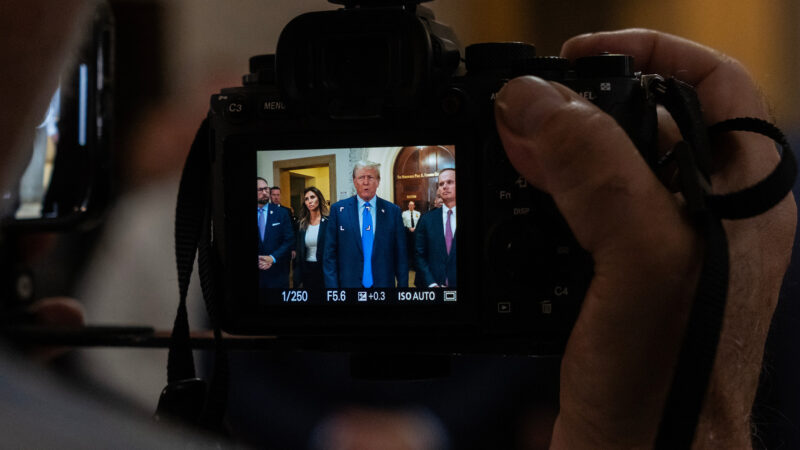
What Trump’s courtroom antics are really telling us
Donald Trump's actions in court exemplify something dangerous: a former president resisting any accountability under the law.
November 7, 2023

Lessons from the history of proportional representation in America
In terms of PR, what matters is that majority coalitions can hold themselves together — be they single-party or alliances of parties.
September 13, 2023
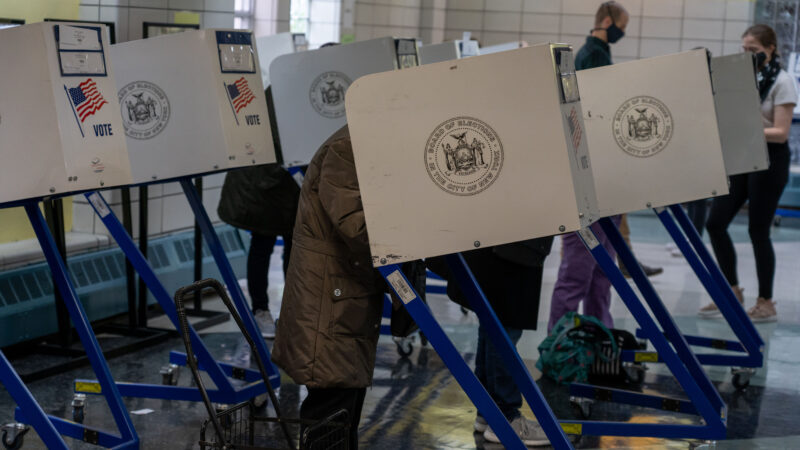
How electoral reform happens
The experiences of New Zealand, Italy, and Japan provide a template, and show how reforming electoral systems can be a powerful way to address problems of parties, legitimacy, and democracy.
September 12, 2023

Proportional representation and gerrymandering
Proportional electoral systems largely eliminate both the built-in bias inherent to the single-seat model and the effects of partisan manipulation.
September 12, 2023
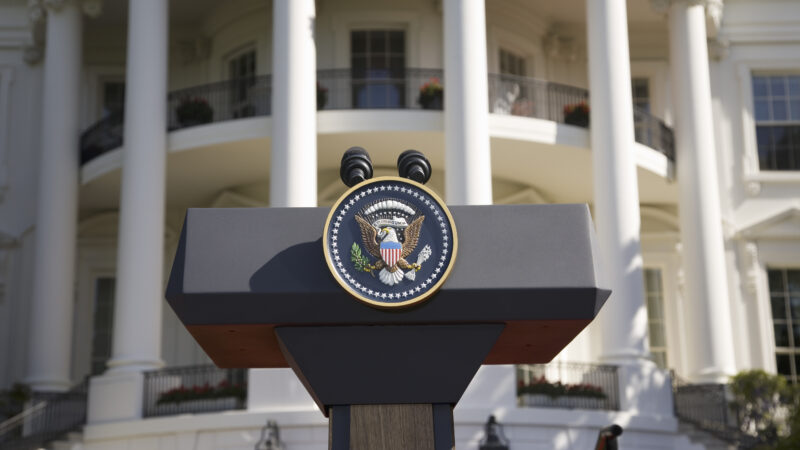
Proportional representation and presidentialism
A myth haunts conversations about proportional representation in America. It is the belief that proportional representation requires a parliamentary system. We’re here to kill this myth.
September 12, 2023

